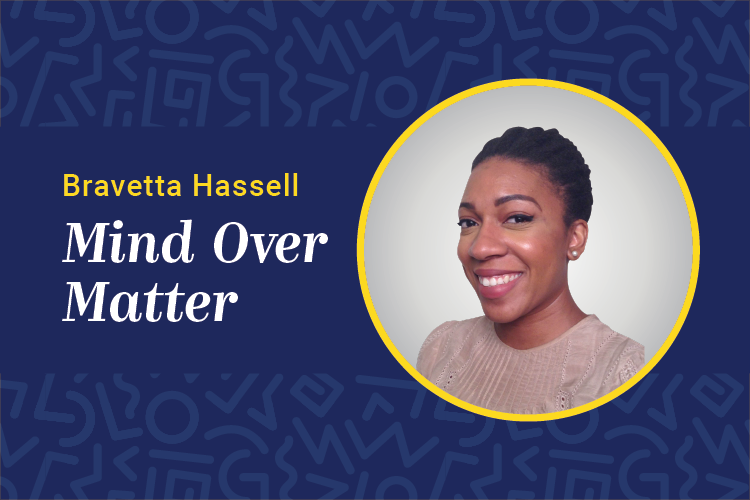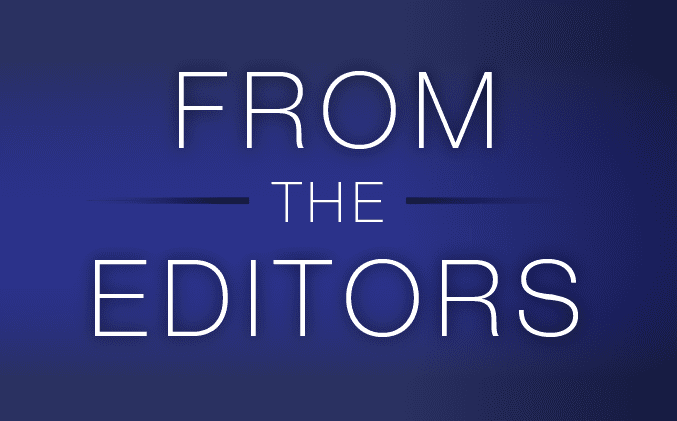 The Financial Times-IE Business School Corporate Learning Alliance has released its 2017 predictions for learning and development.
The Financial Times-IE Business School Corporate Learning Alliance has released its 2017 predictions for learning and development.
- Learning leaders should expect providers to have business impact metrics already built into their programs.
Providers can better prove their value by understanding not just their client’s specific learning and development needs and goals but also the broader, long-term vision for the client company itself. Then providers can better target solutions to meet customer needs and drive business performance.
- Virtual reality and experience-centered learning will increasingly become part of corporate learning and development strategy.
Users’ experiences with technology outside the workplace continue to inform corporate learning and development strategy. The increase of virtual and augmented reality technologies in people’s day-to-day consumer encounters also will make an impact on learning leaders who will use these next-gen tools for key components of their learning programs.
- Human resources will look closer to home for new talent.
A number of factors are making jobs less secure including continued globalization, automation and changing regulatory environments in various countries. Because of these realities, HR and talent managers will have to look more to their home markets for talent.
- Learning and development departments will be staffed with educational and learning design experts.
The disruption higher education is experiencing will have a cascading effect that corporate learning will have to adjust to. With the growing prioritization of competency-based learning, companies can expect more employees in the future to arrive at work with greater variances in their preparedness. As such, learning leaders will have to beef up their selection of learning resources, which should be delivered in units suitable for a diverse audience; learning design experts can help with this.
- Dramatic shifts in the political landscape such as the Brexit vote and the 2016 U.S. presidential election are forcing business to rethink its approach, but ideas to achieve transformation will remain unchanged.
The challenges that plagued HR in 2016 will persist; the report said: “Companies still need literate, numerate and IT-savvy executives with empathy and culture awareness. And staff still want to be better engaged, empowered and rewarded.” Unfortunately, because knowledge work is difficult to measure and reward fairly, “gurus will continue to propose variations on an old theme.”
Bravetta Hassell is a Chief Learning Officer associate editor. Comment below, or email editor@CLOmedia.com.















